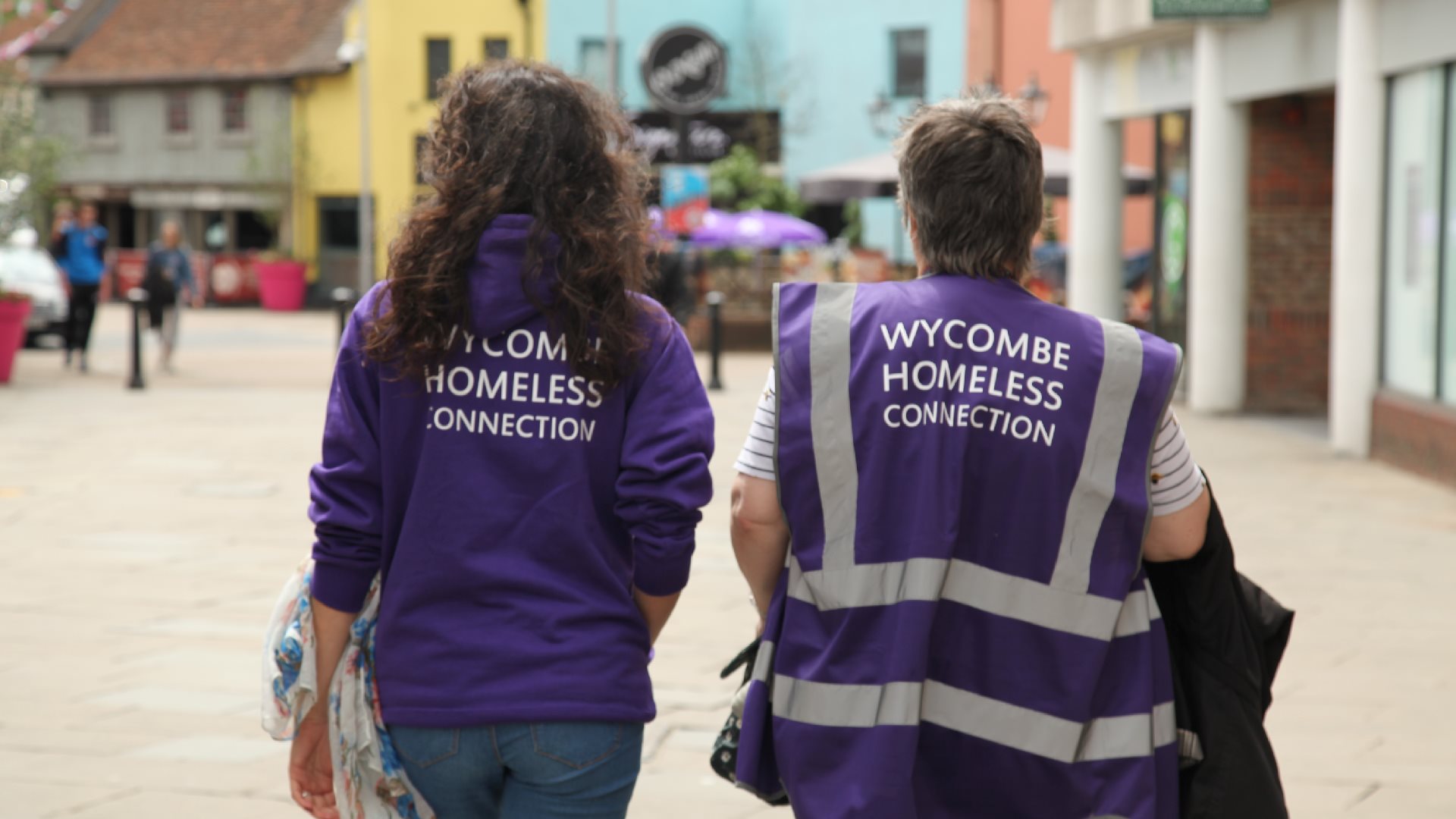Small Charity Week 2020 – celebrating Bucks’ small charities
Small Charity Week (15th to 20th June 2020) celebrates and raises awareness of the essential work carried out by the UK small charity sector. Find out about some of our amazing Bucks' small charities below.
Buckingham Old Gaol Museum exhibits items from Buckingham and its surrounding area’s history dating back thousands of years. Based in Buckingham, the museum serves visitors from the local area and further afield, with occasional overseas visitors too.
As a result of COVID-19, the museum had to close its doors but have used the opportunity to redecorate some interior areas. Run entirely by volunteers comprising 8 trustees and around 20 Friends, the museum also receives considerable support from Buckingham Town Council.
Mike Smith, one of the trustees, explains: “We took over the Old Gail building in 1985 to preserve it and to create the museum you see today. Some of the items on display include fossils, ancient tools, local artefacts and many artefacts dating from Roman times, and from Tudor times through to the mid 20th Century.”
Mike describes one of the most interesting and highest value items in their collection: “We hold the Town Mace, which was created during the Reformation, when it isn’t required for ceremonial purposes. We also recently raised the £40,000 required to purchase a Richard III half Angel coin, just 2cm in diameter in gold, one of seven in the world and the only one on public display”.
Looking forward, Mike is keen for new volunteers to step forward to support the museum. “The best part of the job is having the opportunity to work in a Grade 2* listed 270 year-old building, and to extend a general interest in local history into a real thing. It is also good to be able to give something of use to the community.”
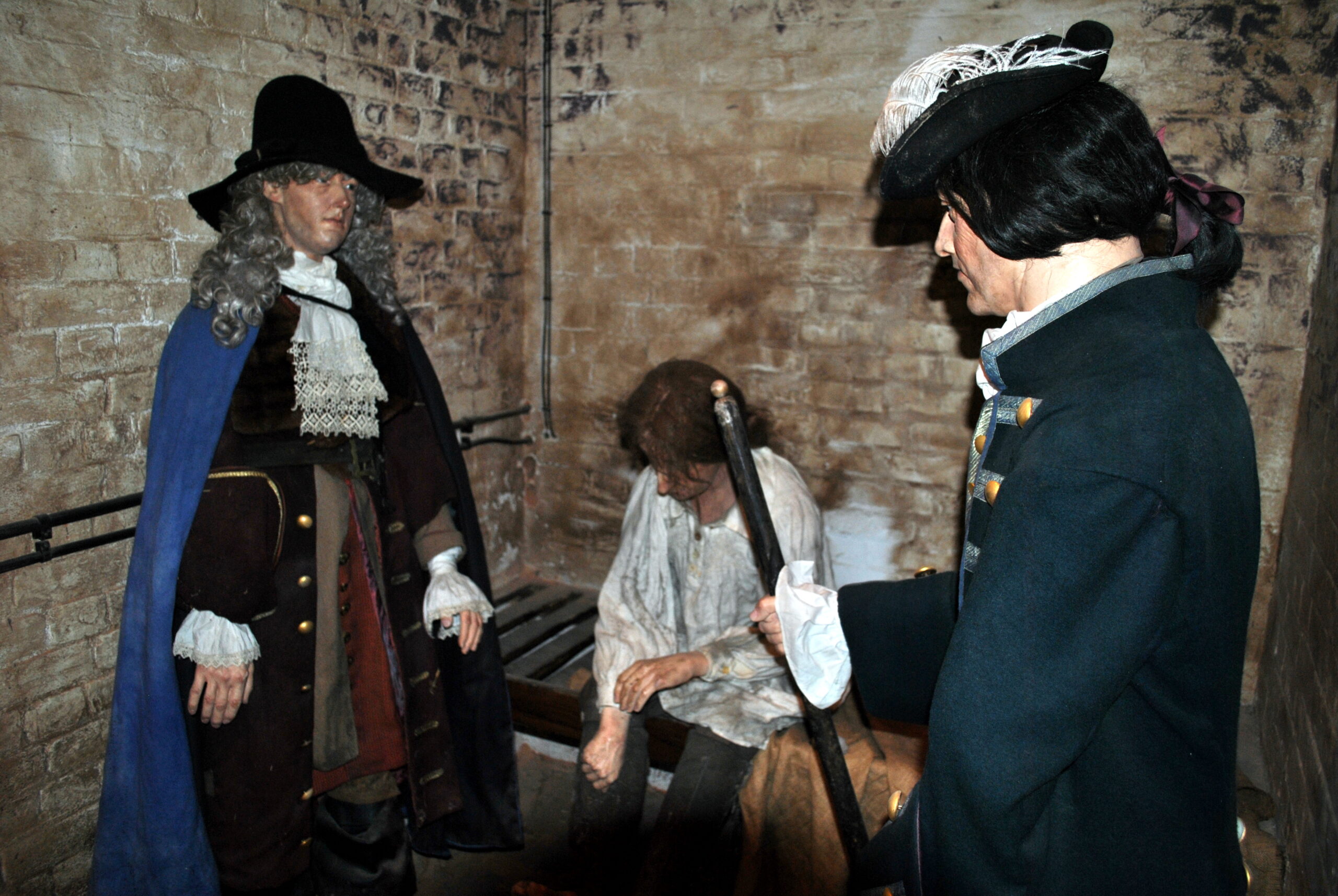
For over 100 years, Buckinghamshire Mind has been working to support and represent people with mental health problems living across Buckinghamshire and East Berkshire. The charity provides a whole raft of services including wellbeing and peer support groups, befriending, employment support, counselling, suicide bereavement support, peer support in schools and education for children and young people including Time to Change (campaign to tackle mental health stigma).
Kari Channell, Fundraising and Marketing Officer describes the charity’s mission: “We ensure that everyone in our community with a mental health problem gets the support they need. The services we provide are thoughtfully designed to create friendly, non-judgemental and inclusive environments for our service users. Our priority is to reduce isolation, provide structured, mindful activities whilst building our participants’ confidence and self-esteem.”
COVID 19 has had a significant impact on Buckinghamshire Mind as many of its services are carried out in person and there has also been financial pressures on their funding streams. The charity has worked hard to adapt and rapidly offer remote versions of their services which take the form of one-to-one phone and video calls, newsletters, social media closed groups, virtual activities, YouTube videos and posted care packages.
Kari said: “The feedback from all our service users is that this continued and regular contact during the pandemic has made a significant positive impact on helping to maintain positive mental health and feel less isolated.”
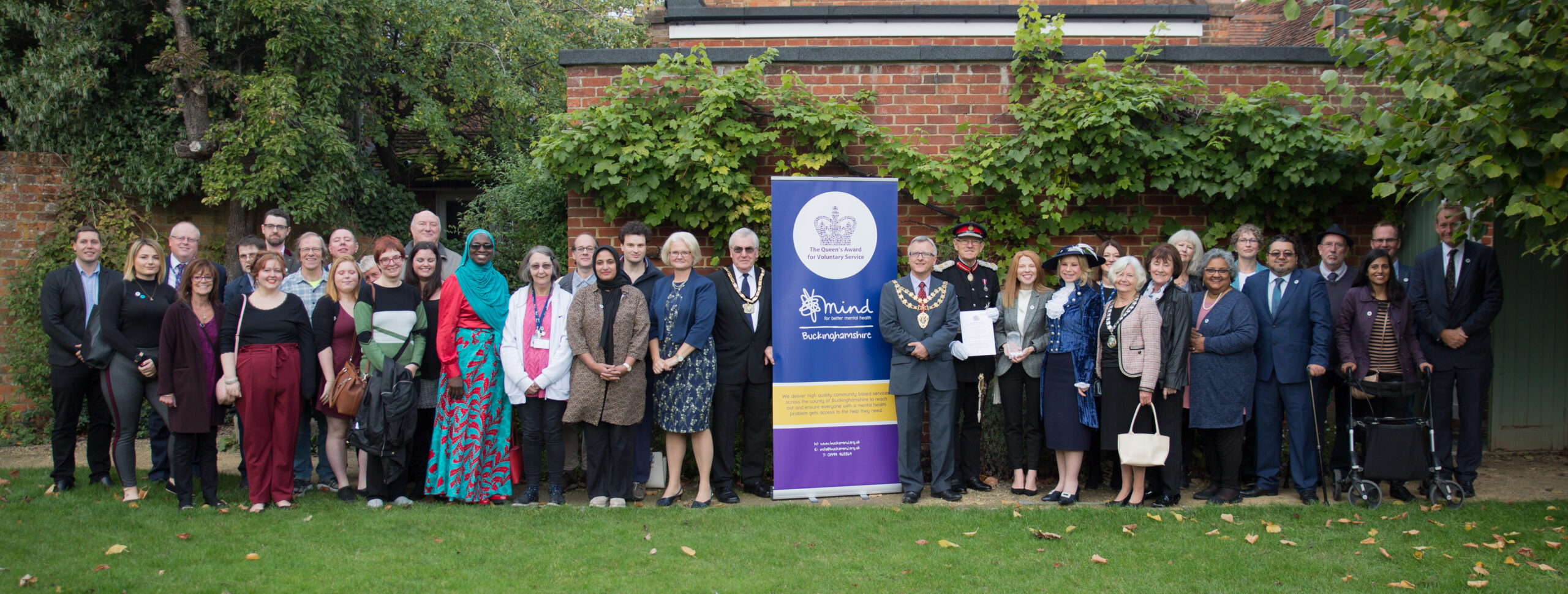
Chiltern Foodbank provides three days’ nutritionally balanced emergency food and support to local people, covering the Chiltern District area plus Aston Clinton, Denham, Gerrards Cross, Stoke Mandeville, Wendover and Weston Turville. With its main distribution centre in Chesham where all products are processed, it has five further distribution centres which receive made-up food boxes to be handed out to clients who have been referred to them by over 130 referral partners. All clients are assessed for need before their referral, with the majority in crisis (mainly financial) and needing support to get over a difficult situation.
Chiltern Foodbank has had to cancel its face-to-face meetings and so is unable to offer its usual holistic service where it could offer signposting, prayer support and generally a listening ear. It has had to reduce the size of the teams working in Chesham but extend working hours to accommodate more shifts. A number of volunteers have also had to step down for age and health reasons.
The organisation is now supplying four times the number of food parcels than it did prior to the pandemic. Since lockdown, it has used an e-voucher system, whereby referral partners email vouchers directly to Chiltern Foodbank, with food parcels being dispatched within 24 hours of receiving the voucher. It has also moved to a home delivery service using Gold Hill Baptist Church, Chesham Help for Coronavirus and Wendover Free Church to ensure that the area is covered.
The team at Chiltern Foodbank has had to be more generous during the pandemic and provide support to those in need more often. It is grateful to the community for the provision of food and financial donations that has helped it keep up with the increased demand: there are people who were just about managing previously but, when put on furlough, cannot manage without external support, and the situation is now much worse for those who could not manage previously.
Chiltern Foodbank’s biggest challenge to date has been ensuring that it was able to move with the fast-changing situation. However, the organisation believes the biggest challenge probably is ahead as it works towards returning to a more normal situation, with the reopening of our distribution centres and the introduction of completely new working practices for returning volunteers.
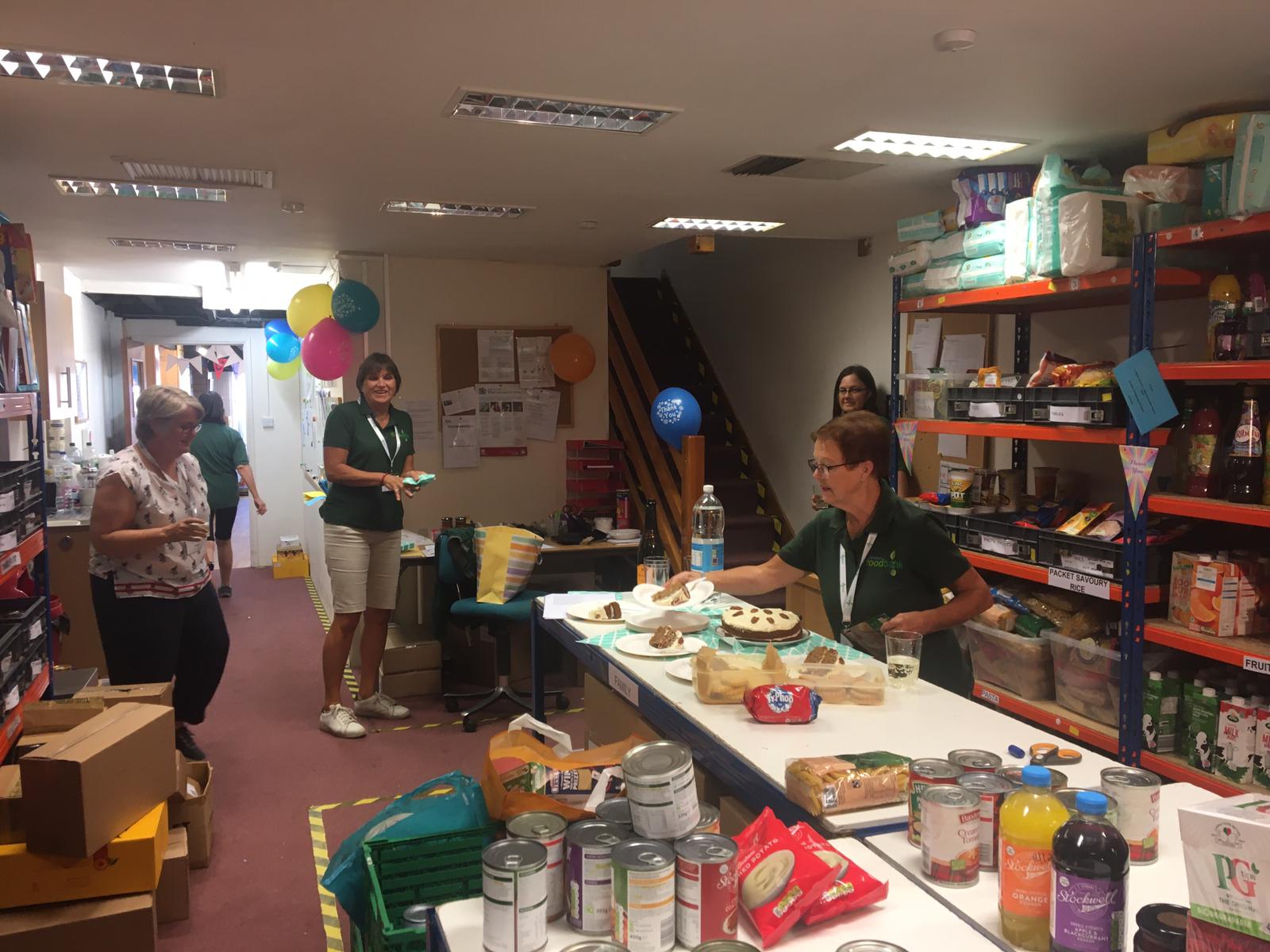
Based in High Wycombe to support residents through lockdown, High Wycombe Mutual Aid ensures that anyone who is self-isolating gets access to medication and food, and its DBS-checked volunteers keep an eye on their allocated buddy and their well-being.
The group’s volunteers got together in response to the COVID-19 pandemic with the main focus of mitigating the effects of the COVID-19 lockdown on the local community. Its biggest success has been to support so many in the community in such a short time: the Mutual Aid group was set up in March and, less than three months later, it had received over 250 requests for help and over 400 volunteers had signed up. COVID-19 and the resulting lockdown has affected everyone’s lives but has hit certain demographics within the local community much harder. The group wanted to remove that worry for people so that they know they can count on their community to step in and support them through this difficult time.
Wycombe Mutual Aid continues to work almost entirely remotely, communicating and planning through the internet and Zoom. Almost all of the team has never met in person and support is offered through the website, social media, and phone calls. It also uses a cleverly-designed system operated by its Matching Team to allocate volunteers to people in need of support.
The biggest challenge was to form the organisation which initially started as a group of willing residents who wanted to prevent coronavirus from damaging people’s lives. At the start, the group had to mobilise volunteers and develop an efficient process to get people the support as soon as possible. Lots of people have fed back to us that they are very grateful for the deliveries, and relieved to have someone looking out for them during this uncertain period.
Community Impact Bucks has kept Wycombe Mutual Aid up-to-date with vital information and helped it grow its presence as a new group on the Wycombe volunteering scene as well as build useful links with other support groups in the area.
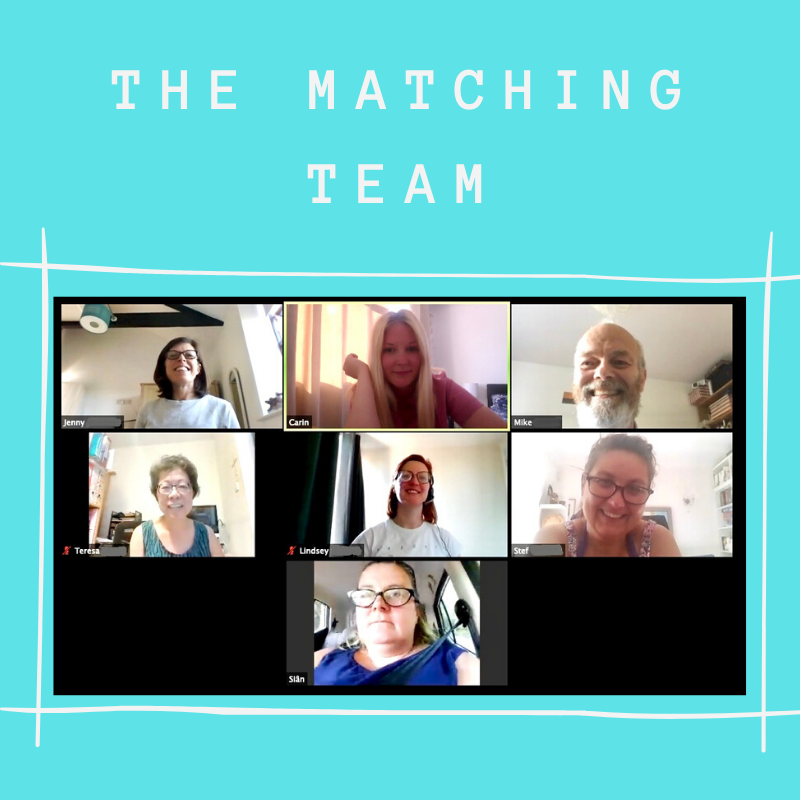
Supporting Marlow and the local area, Making Marlow Dementia Friendly (MMDF) helps to raise awareness of dementia and bring the local community together to make a difference to those living with the condition.
The group has facilitated the training of 50 Dementia Champions who can go out into their communities, including Marlow, to inform others and encourage them to make a positive difference. MMDF also has an outreach programme, attending local events and visiting organisations, to increase understanding of dementia and to signpost people to available help.
Unfortunately, COVID-19 has meant that events MMDF would normally host or attend have had to be cancelled, and volunteers are no longer able to go out into the community and meet the people they support. In response, MMDF has set up a support call service linking a friendly call to check general welfare with signposting to professional assistance and practical help, including the collection of shopping or prescriptions. A COVID-19 Care Support Helpline has also been set up with MMDF members Oxford Aunts Care and MMDF has created COVID-19 information sheets with details on how people can obtain essential items, plus access local help and information during these times.
Despite the challenges COVID-19 has brought, Paul explains: “One of our biggest successes has been being able to adapt to the lockdown. We haven’t been able to interact in person so instead we have strengthened our social media, our website, hold committee meetings on Zoom and keep engaging with people in a whole new way. Community Impact Bucks provided advice and support for the project in the initial stages and as we have developed MMDF, the support has continued through Carol Heap, the local ambassador for CIB. The COVID-19 newsletters and daily updates from CIB have also proved very useful.”
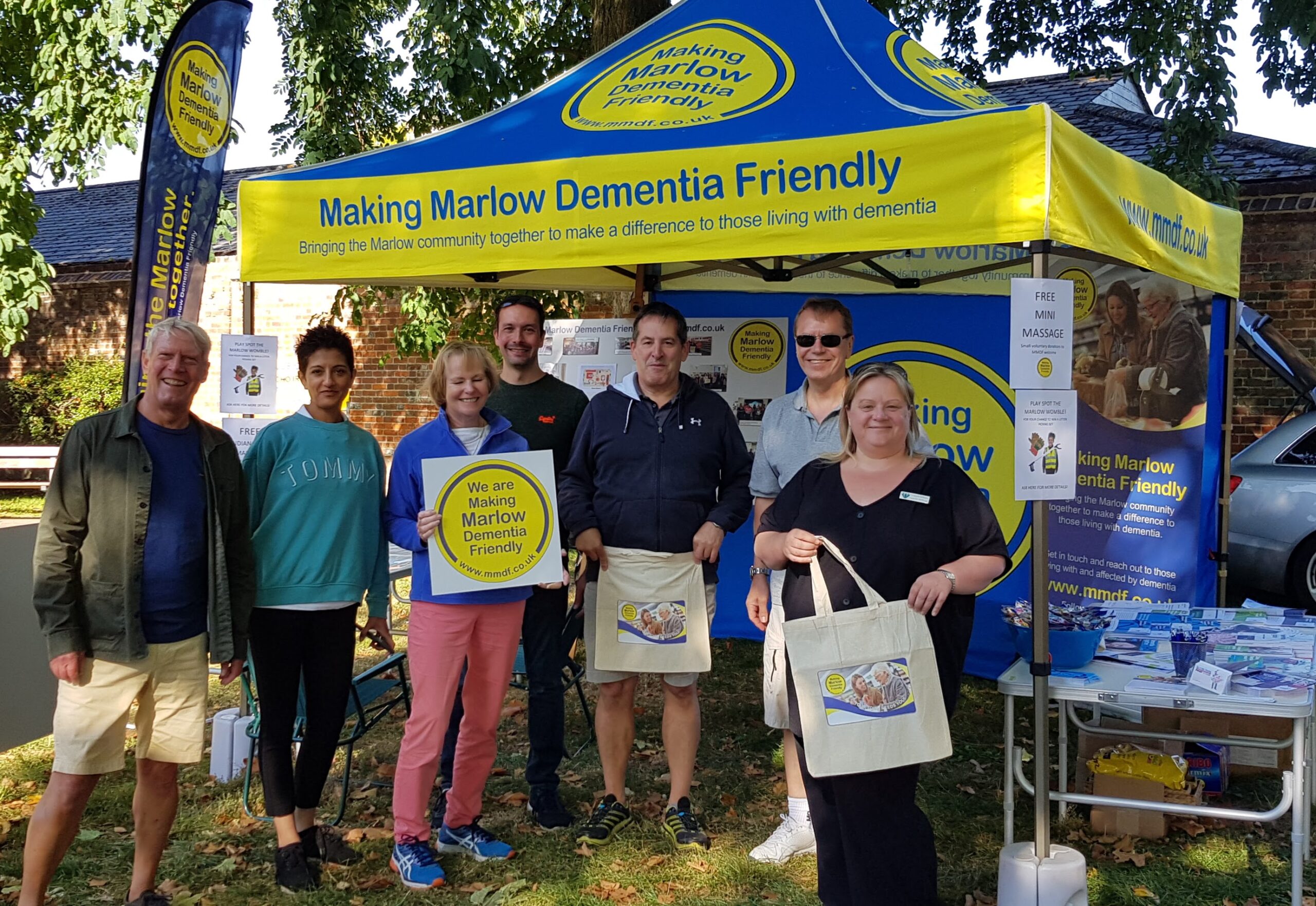
The Sexual Assault and Abuse Support Service (SAASS) was set up in 1995 to support women in Aylesbury Vale and Milton Keynes area whose lives have been affected by rape, sexual assault and abuse. SAASS’s team of 3 staff and 36 volunteers has adapted its services to meet with social distancing measures and is currently making over double the amount of contacts compared to pre-pandemic in early March.
“We have found our clients are needing more contact since lockdown which has meant that we are now making around 200 contacts per week,” commented Carol Older, Chief Executive of SAASS. “Every client is different and the support we offer is tailored to each one of them. However, where we may have followed up with a client on a monthly basis, we are now contacting them once a week. This may be a telephone or video call to check on how they are or to provide counselling.
“We have not just moved our usual services online during the pandemic, but have also started well-being calls and an online chat facility to provide other options to overcome the restraints of lockdown.”
Whilst referral rates from organisations such as the police, GPs and other medical health bodies remain the same, SAASS is aware that many women are unable to contact them as they cannot find a safe space or time to speak while movement outside the home is restricted. It is expecting a rise in referrals, including self-referrals, as soon as schools go back. The team at SAASS is ready to help:
“If there is one message, I would like to get across is that you are not alone,” said Carol. “One counsellor was told by one her clients that she felt she had started her healing process when she was told that the charity had over 180 service users; she realised that she wasn’t alone. Sexual Assault and Abuse is more common than you think.”
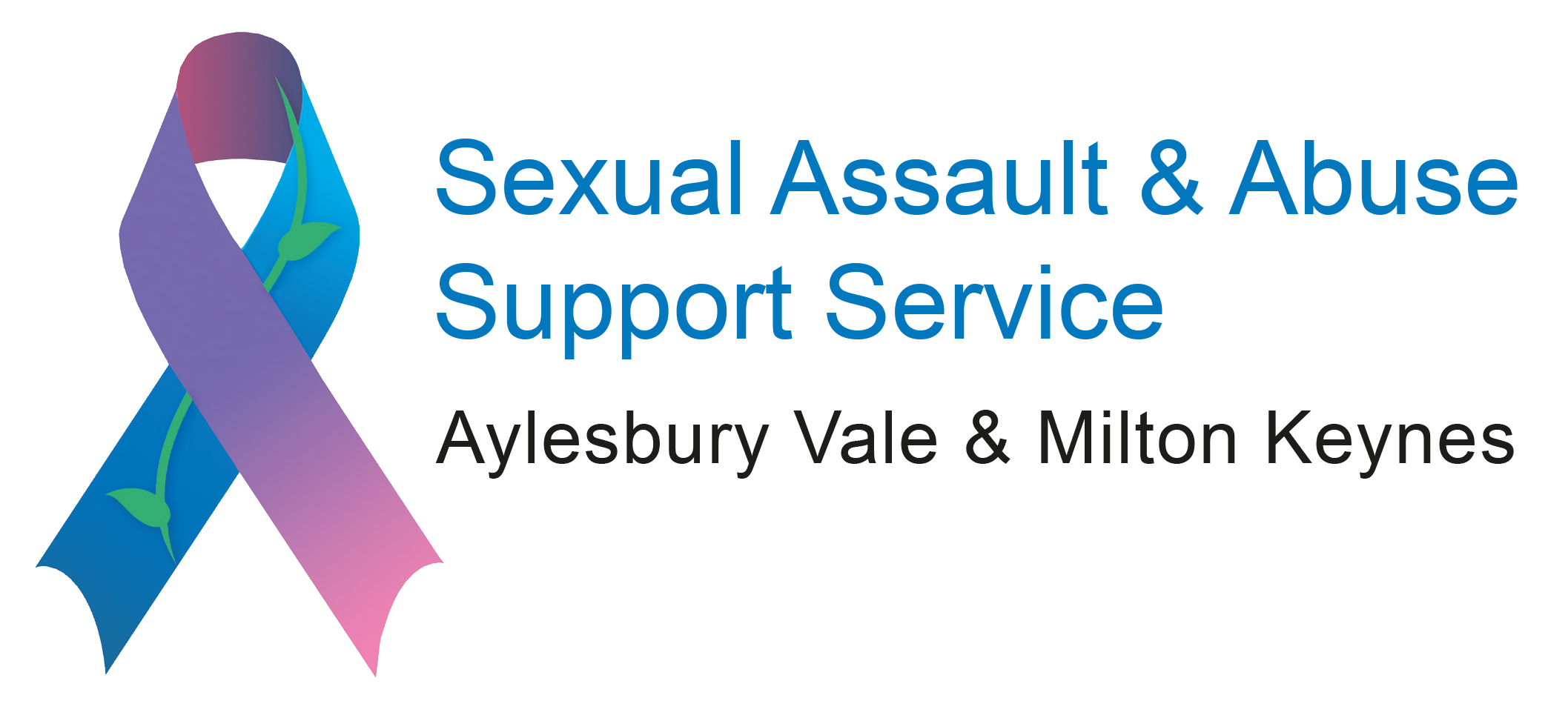
Set up in 2012, the Winslow Big Society Group integrates the elderly and the vulnerable back into society, reducing the feeling of loneliness by offering a range of services to local residents and surrounding villages.
The COVID-19 pandemic decimated virtually all of the charity’s services, as social isolation restrictions meant activities such as singing, walking, lunches, teas and exercising had to be put on hold. In response, the Winslow Big Society Group has set up three main schemes: weekly telephone calls to people affected by COVID-19, a weekly shopping service, and medicine deliveries from 2 pharmacies. Working with local organisations and the GP practice, we have been able to work collaboratively, sharing information and apportioning tasks to be done.
Chairperson for the charity, Veronica Corben said: “The 120+ weekly telephone calls have been a big success during the pandemic; having the opportunity to chat to someone on the other end of a phone really helps reduce the feeling of loneliness. We have widened the circulation of people we support, reaching out to people stuck in villages who are struggling. Matching people to an individual volunteer for shopping and the phone service has enabled relationships to develop also, further reducing isolation”
She says the biggest success for the Winslow Big Society Group has been recruiting 30 extra new volunteers, using a simple but safe application process, who are all matched into roles and doing jobs: “We don’t have any volunteers on a waiting list not working, which is quite an achievement.”
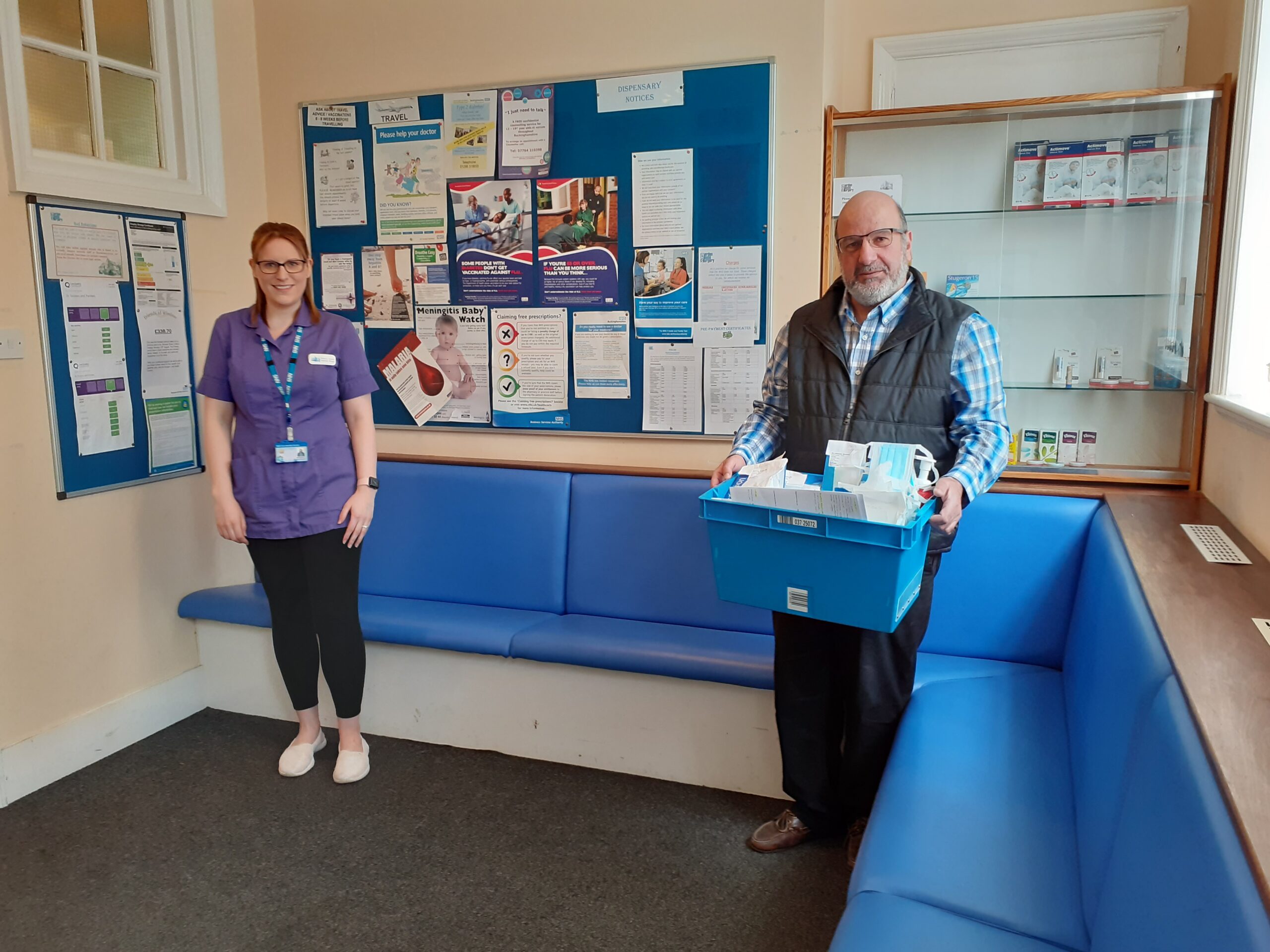
Wycombe Homeless Connection (WHC) is an independent source of homelessness and housing advice and support working out of High Wycombe, helping people at risk of homelessness or who are homeless across the county. Over the last 10 years it has found accommodation for over 600 people and prevented 179 families and individuals losing their home.
Due to coronavirus, the charity has had to change the way it works. It moved everyone into hotel and B&B rooms where they could self-isolate and closed its winter night shelter, support centre, office and housing advice clinics. It also opened a homelessness prevention hotline, moved its support services online and via telephone. Although hundreds of volunteers were asked to stand down, the charity continues to care for its guests with food and support, and help them access the services they are entitled.
Wycombe Homeless Connection is seeing more people become homeless during the pandemic and continue to help fight unfair evictions, help people understand their housing rights and putting people into safe temporary accommodation: the first half of 2020 has been its busiest ever and there is huge uncertainty among its guests who are former rough sleepers. However there have been great successes too, having a place to stay offers extended stability for many people who otherwise would have been sleeping on the streets. This means Wycombe Homeless Connection has been able to work with them – on their health, mental wellbeing and accessing social support – and register many guests with GPs helping them get vital healthcare.
The fact that the charity has already offered every single person it knew to be homeless a bed before the lockdown began, moving them into rooms was quick and easy. In the future the charity will keep its homelessness prevention hotline open and have applied for a grant to employ another staff member to add to the homelessness prevention team.
“The support from Community Impact Bucks has been brilliant – sharing our work and stories of lives we have changed, to working with us to put on a homelessness conference in Waddesdon Manor in 2018.”
